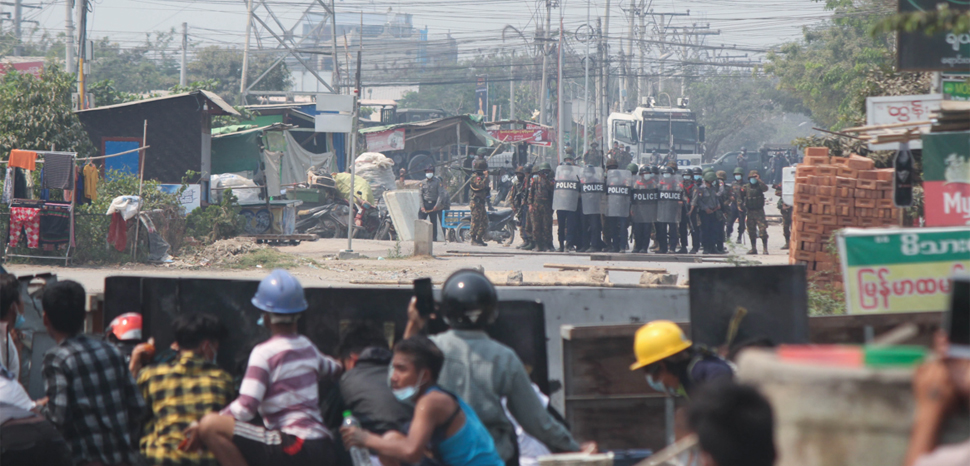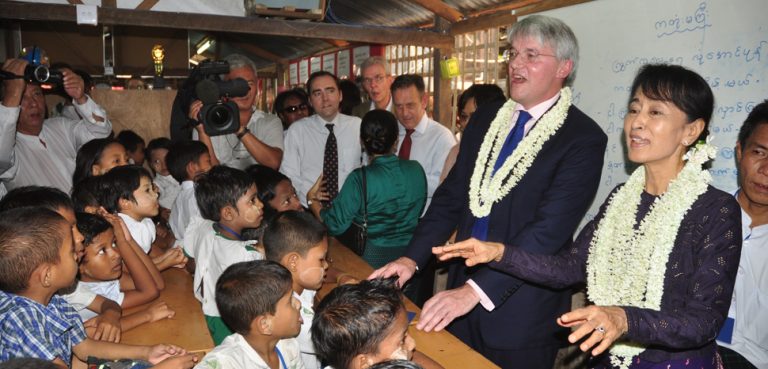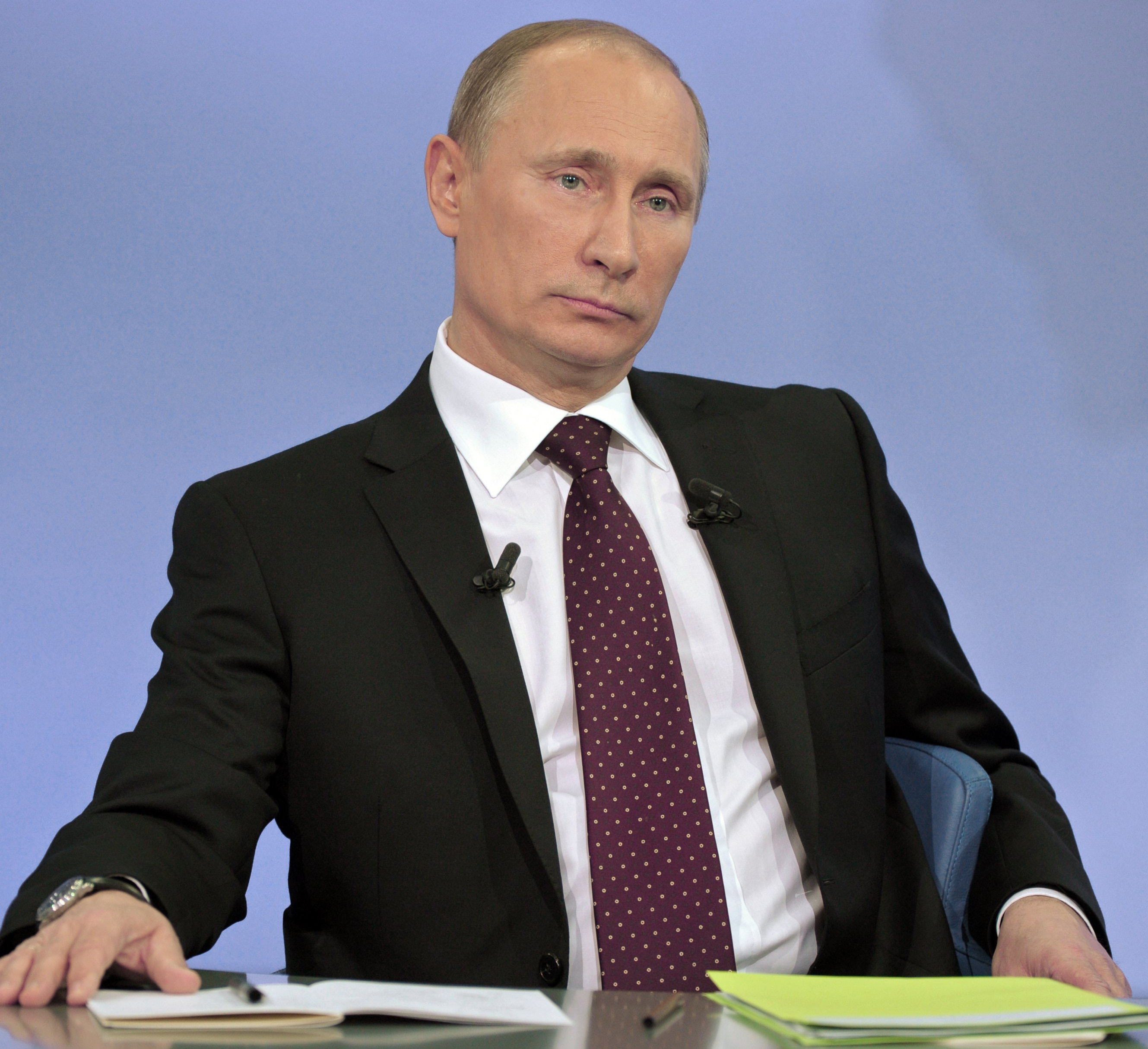It has been more than three weeks since ASEAN leaders met for an emergency summit on the crisis in Myanmar. The 24 April summit in the Indonesian capital, Jakarta, was the first attempt at regional diplomacy since a military junta led by Min Aung Hlaing seized power in Naypyidaw on 1 February. A five-point consensus was reached, calling for an immediate halt to violence and the start of dialogue among all parties. It also pledged to provide humanitarian assistance, and outlined the appointment of a special envoy of the ASEAN chair to mediate future talks between the junta and its opponents.
At the summit, Min Aung Hlaing, who attended the talks in his first foreign trip since seizing power, heard calls directly from ASEAN leaders to stop killing protestors and release political prisoners. Yet these more specific demands did not make it into the final statement. More than 100 days since the coup, elected civilian leader Aung San Suu Kyi, whose National League for Democracy (NLD) secured a landslide victory in last November’s election, remains in detention on political charges along with other senior NLD figures including President Win Myint and thousands of pro-democracy activists.
After the Jakarta summit
In the weeks since the Jakarta summit, there are few signs the junta will act on ASEAN’s five-point consensus, and the situation on the ground has continued to escalate. The Irrawaddy reported that in the 11 days following the 24 April meeting, Myanmar’s armed forces—known as the Tatmadaw—killed at least another 20 protestors while arresting 177, including students, doctors and journalists. A local monitoring group, the Assistance Association for Political Prisoners (AAPP), has verified 802 deaths and 4,120 arrests during the junta’s brutal crackdown on protests since the February coup.




